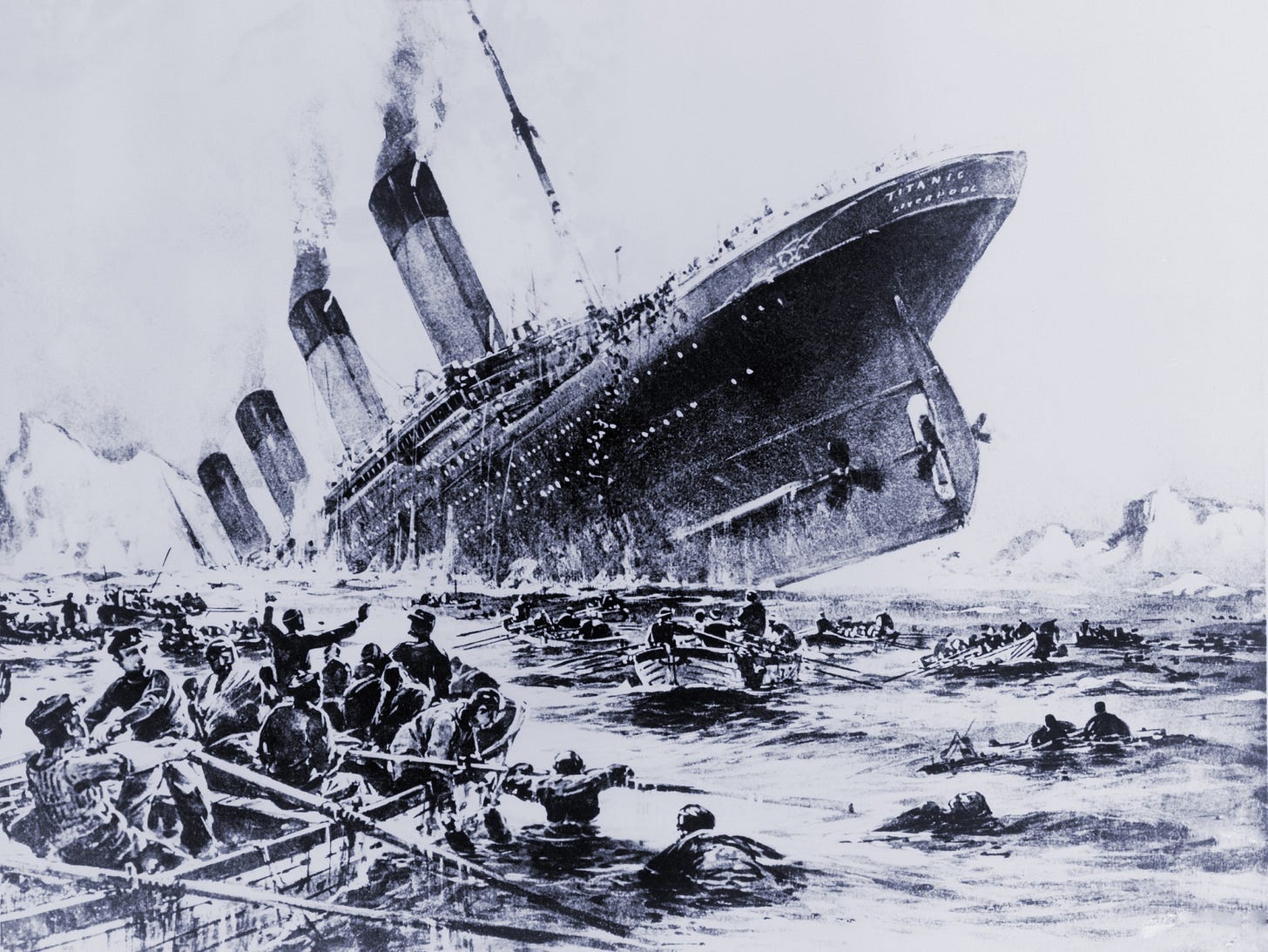The Process Safety Professional. Part 5: Admiral Rickover's Seven Rules
We continue to work on the manuscript of the book The Process Safety Professional. As time permits, we will share some of the draft material at this site.
One of the themes of the book is that the principles of process safety are not unique to the process industries. It is true that certain aspects of process safety management — the handling of highly toxic chemicals, for example — are specific to the industry, but most are not. With that thought in mind, it is both useful and interesting to consider what we can learn from other industries and business areas.
Which brings us to Admiral Hyman G. Rickover.
Admiral Rickover is often referred to as the father of the nuclear navy. The ships and submarines for which he was responsible were powered by nuclear reactors and were often armed with nuclear missiles. He knew that the first accident with one of these vessels would also be the last accident — therefore he had no tolerance for mistakes of any kind. The stringent standards that he imposed regarding both nuclear safety and personnel selection have been a critical factor in the navy's continuing record of zero reactor accidents.
The following quotation summarizes his management philosophy.
[A] principle for managing a successful program is to resist the natural human inclination to hope things will work out, despite evidence or doubt to the contrary. It is not easy to admit that what you thought was correct did not turn out that way. If conditions require it, one must face the facts and brutally make needed changes despite considerable costs and schedule delays.
Rickover used the following seven “rules for success”.
Practice continuous improvement,
Hire smart people,
Establish quality supervision,
Respect the dangers you face,
Training must be constant and rigorous,
Audit, control and inspect, and
Learn from past mistakes.
Each one of these items deserves a chapter, or even a book, in its own right. Suffice to say that there is nothing about the above seven points that is unique to the nuclear navy. They apply equally well to the process and energy industries.
Rickover was not worried about the possibility of being controversial, as can be seen by examining the second of the above “rules”. He said,
Theories of management don't much matter. Endeavors succeed or fail because of the people involved. Only by attracting the best people will you accomplish great deeds.
This way of thinking would seem to conflict with the fifth “rule”: the necessity of training, training, training. But his point was that there is no point in training people who are fundamentally incompetent. These people need to be removed from the organization.



